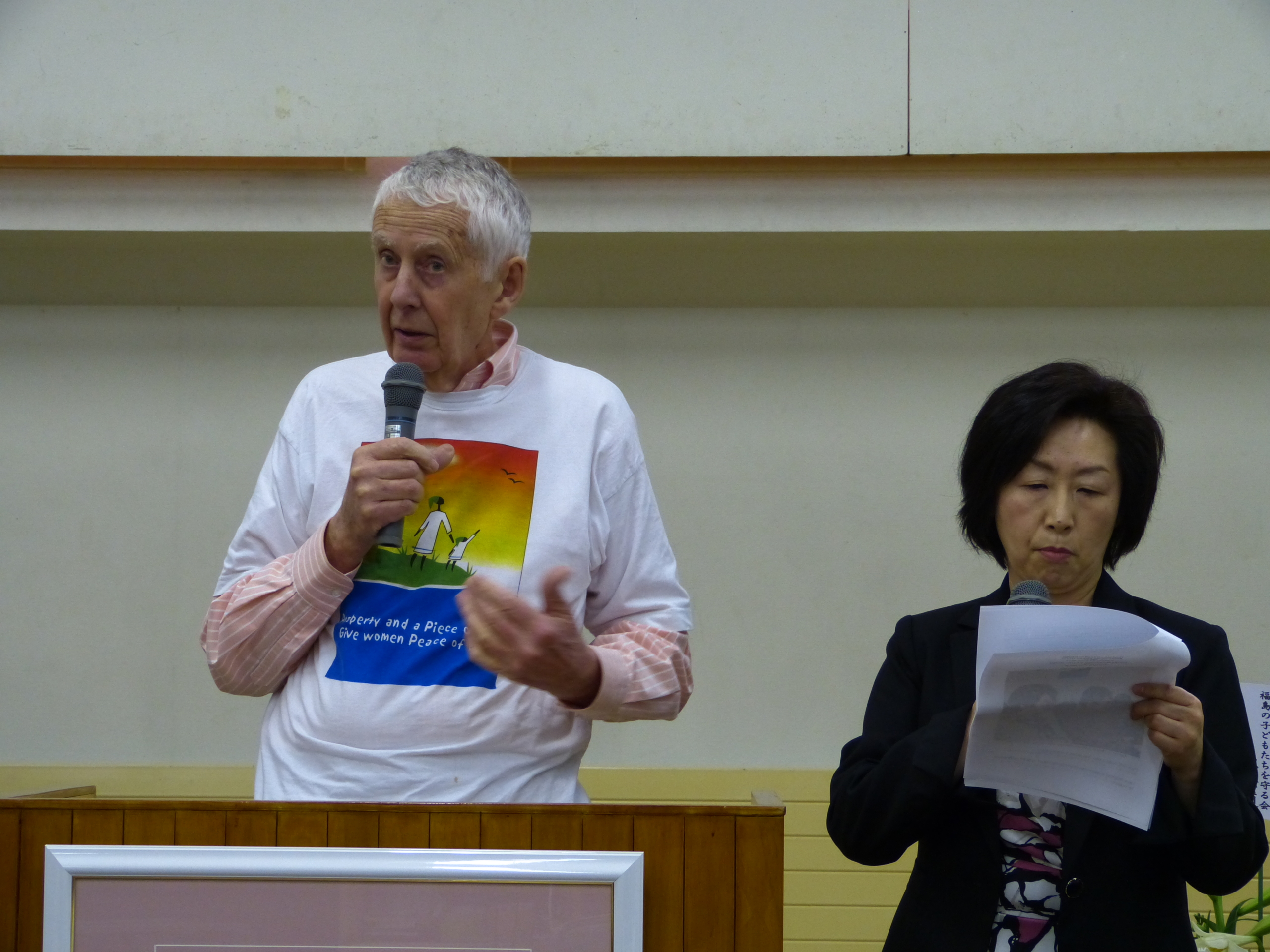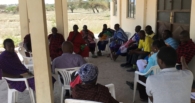Doom and Gloom on Land in East Africa
Robin Palmer
27 June 2016
/
- 0 Comments
Through recent interactions with a French PhD student, Francesca Di Matteo, who is working on land in Kenya, I was invited to a conference on Politics of State Interactions on Land Rights in East Africa, held at IFRA (Institut Français de Recherche en Afrique), Nairobi on 22-23 June.
It was essentially an academic conference. Presentations were made by a mix of established academics and younger PhD students. The audience of around 70 comprised a mix of people from academia and civil society. There were comparatively few white faces, which was something I appreciated.
Papers were presented under 5 topics: land policy and decision-making in East Africa and beyond; large-scale land acquisitions in eastern Africa and reactions from below; policy formulation in Kenya; state interventions on land tenure, users practices and knowledge; and state intervention on land rights, identities and antagonisms in Uganda. A final round table, in which I participated, focussed on advocacy strategies by the land alliances in Kenya, Uganda and Tanzania.
At one level, I enjoyed the conference enormously. There were some fascinating presentations, lively discussions and a good deal of networking outside formal business. There was also far more discussion of history than is normal on such occasions, which I enjoyed. But I fear that the overwhelming sensation was one of doom and gloom. Those in power, at national and local levels, in all 3 East African countries are clearly corrupt and wedded to notions of privatising land and supporting ‘modern’, ‘progressive’ large-scale agriculture, ignoring the lessons from history discussed by presenters.
I wrote a short paper, Supporting the establishment of land alliances in East Africa: some personal reflections, outlining my knowledge of those times (the late 1990s) and some of my personal involvement with the alliances. None of the alliances back then imagined that they were in for an easy ride, but it became very clear to me that the world they now inhabit is even more hostile than it was back then. As Lusugga Kironde noted, ‘after 20 years of implementation through Land Laws, strategies and programmes, the land sector in Tanzania is still in turmoil. Land conflicts, between farmers and pastoralists, citizens and the state, and citizens against investors are increasing’. Giuliano Martiniello found that ‘the state in Uganda is still heavily invested in manipulating customary land tenure rights with the aim of facilitating access to land to investors (national and international).’ Pamela Khanakwa wrote that Bulambuli district in eastern Uganda ‘has been a hotbed of land wrangles with the local population accusing known and unknown local elites and high level politicians of fraudulently acquiring land titles and selling off land that does not belong to them. Land titling and registration have, in part, created and intensified land conflicts leading to the displacement, marginalization and dispossession of the rural poor by the political elites.’
So, a very enjoyable conference, lots of people told me how useful they find the Land Rights in Africa website and one or two even said how much they appreciated my academic work of almost 40 years ago, but sadly doom and gloom now prevail on land in East Africa.
Cover photo thanks to Will Critchley
You must be logged in to post a comment.



